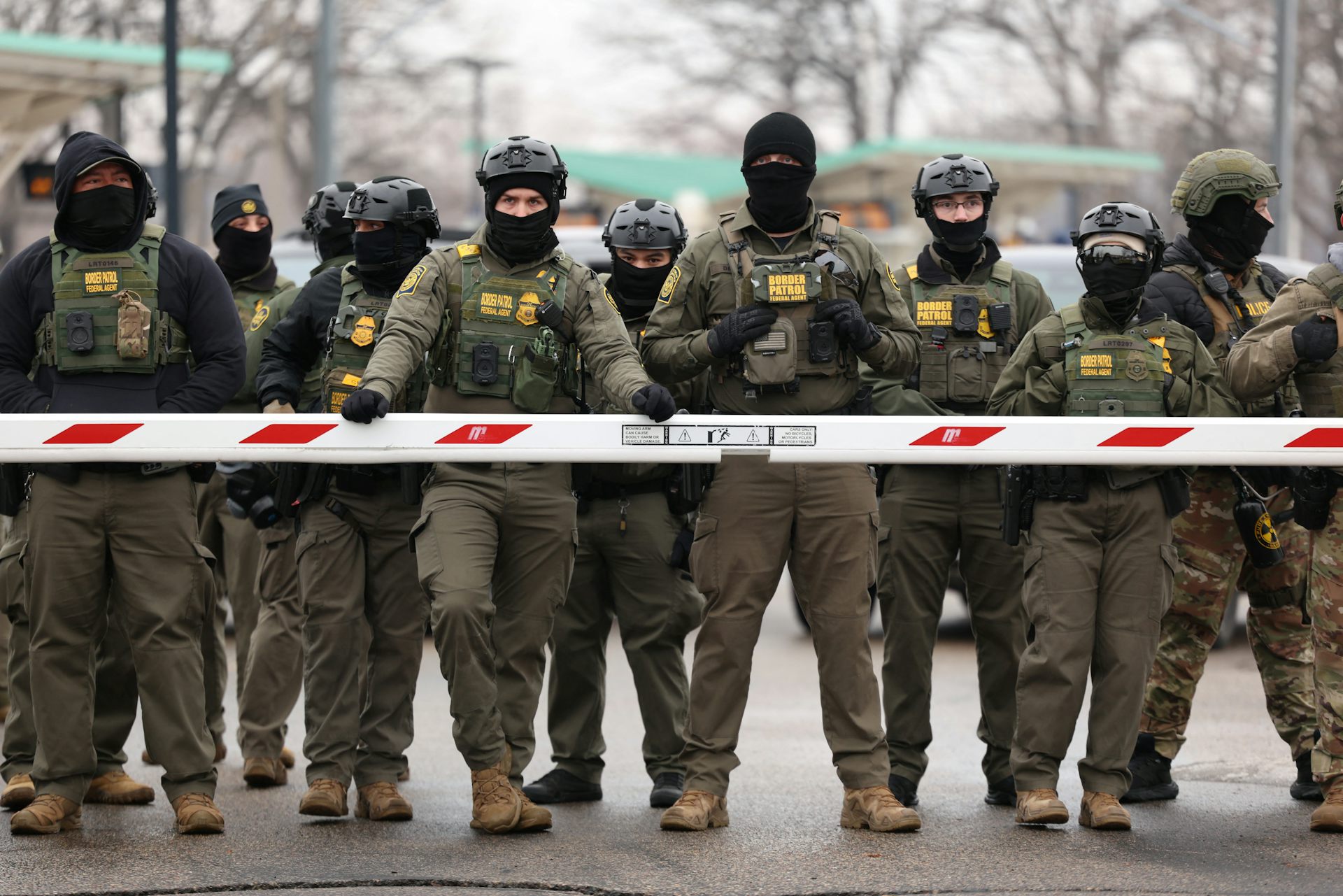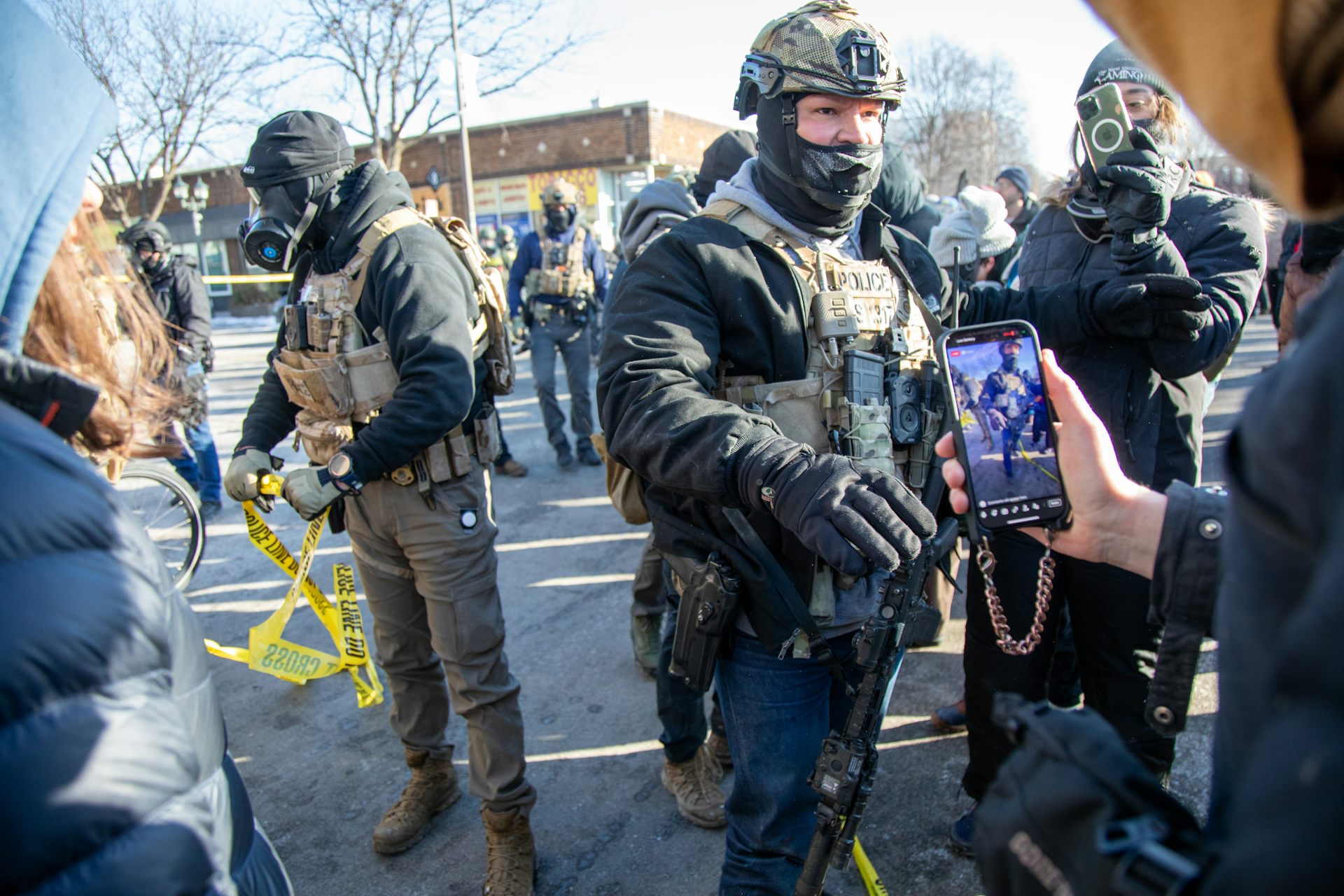Congress can't do much about fixing local police – but it can tie strings to federal grants
While many in America are looking to Congress to pass police reform legislation, the federal government has almost no control over state and local police departments.
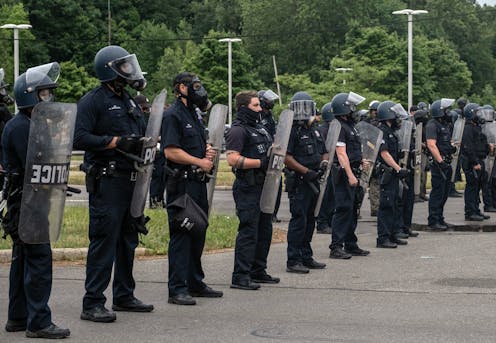
Since the rise of the Black Lives Matter movement and massive protests in 2020 in response to the murder of George Floyd, there has been widespread interest in the problems of racism in American policing.
Whether calls for reform or for wholesale defunding of police departments, there appears to be substantial appetite for change. Just past the first anniversary of George Floyd’s killing, people are looking to the federal government to address this issue of national importance.
But as a law professor who studies policing and constitutional law, I have seen how essential local and state reform efforts are, because the federal government has limited power to regulate policing.
With few notable exceptions, the Constitution does not allow the federal government to control state or local government agencies. In accordance with federalism, a core principle that underlies the organization of American government, the federal government has only the powers expressly provided to it in the Constitution.
For example, Congress has authority to oversee the federal government, levy taxes and spend money, and declare war. Other powers not listed in the Constitution are “reserved to the States,” giving them broader responsibility for governance.
The George Floyd Justice in Policing Act of 2021, which has been passed by the House of Representatives and is under discussion in the Senate, offers the possibility of significant policing reforms. But for those looking to the federal government to solve what’s wrong with policing in America, the legislation can’t ensure that every police department will make meaningful changes.
That’s because the bill reflects the hard reality that the federal government has almost no control over state and local police departments.
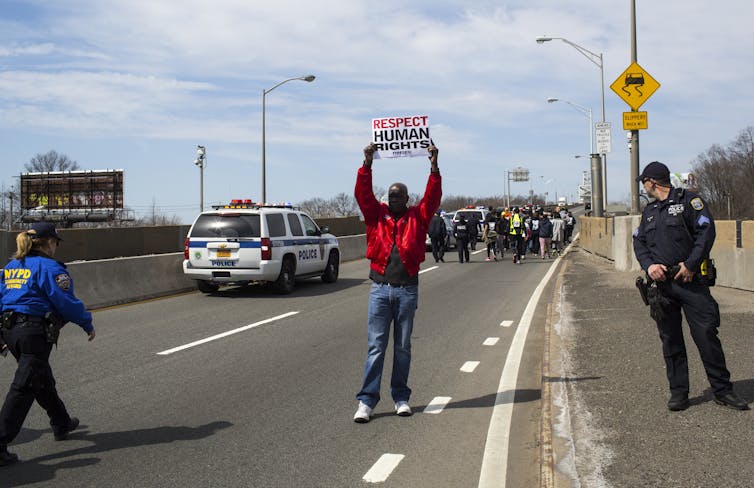
Dollars and change
Although race discrimination is widely regarded as a major problem in American policing, the federal government’s ability to address it is limited. The Equal Protection Clause of the 14th Amendment promises equal treatment of all racial groups by government agencies and officials – local, state and federal. Congress has the power to pass legislation in response to violations of the Equal Protection Clause, such as the Voting Rights Act of 1965.
But the Supreme Court has held that the equal protection guarantee bans only intentional race discrimination by governmental bodies and officials. Policies and practices that have a disproportionate effect on a racial group do not necessarily violate the Constitution. So the Supreme Court would likely conclude that the Constitution does not allow the federal government to bar state and local police policies and practices simply because they have a disproportionate racial impact.
That means that the federal government’s primary tool for influencing American policing is its spending power. Congress has wide latitude to use money to provide incentives for policy changes at the state and local levels by attaching conditions to federal grants. For example, Congress spurred some states to raise the drinking age to 21 by making the greater age a condition of federal highway funding.
Congress can make the adoption of certain policies and practices a condition for getting federal grants – as long as it does not coerce acceptance of the conditions. States and localities must remain free to decline federal funds. So, if a state or locality declines a federal grant, it doesn’t have to comply with the grant program’s conditions.
Seeking influence
Within the limits that the Constitution sets, the George Floyd Justice in Policing Act of 2021 aims to assert some federal influence on local and state policing practices.
The bill’s most significant direct regulation of state and local police departments would be a ban on racial profiling by all law enforcement agencies. Although federal courts have repeatedly concluded that the 14th Amendment bars racial profiling, the bill would make the prohibition explicit and expand its definition.
The bill would also indirectly regulate state and local police departments by eliminating “qualified immunity” in civil lawsuits where a plaintiff alleges that a law enforcement officer violated their constitutional rights.
Under the qualified immunity doctrine, courts dismiss claims when there is no prior case with a highly similar set of facts where a government official’s conduct was ruled unconstitutional. Government officials, including police officers, therefore sometimes escape liability even if they have engaged in egregious misconduct.
If qualified immunity is unavailable, police officers and departments will arguably be less likely to violate someone’s rights because they will expect to be liable for their misconduct.
Further, the bill would expand the U.S. Department of Justice’s authority to investigate unconstitutional conduct by police departments, and would make it easier to prosecute police officers for federal civil rights violations.
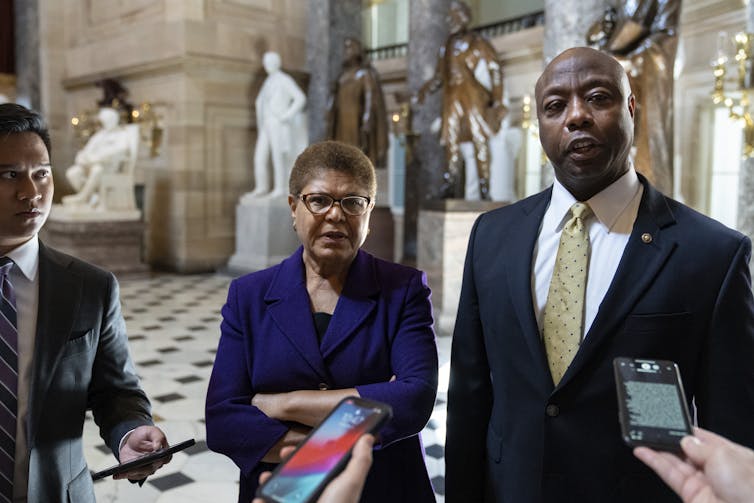
Conditions on grants
Most significantly, if enacted, the George Floyd Justice in Policing Act would attach stringent new conditions to two programs that together funnel hundreds of millions of dollars to local and state police departments every year, the COPS program and the Edward J. Byrne Memorial Justice Assistance Grant Program.
To take just a few examples, both Byrne and COPS grantees would be required to ban the use of chokeholds. Byrne grants would be available only to states and localities whose use-of-force policies bar the use of deadly force unless it is necessary.
COPS grants would be available only to states and localities that ban the use of no-knock warrants in drug cases. Recipients of COPS grants would be required to certify that they will use at least 10% of their grants to support efforts to end racial and religious profiling.
These provisions divide activists who decry the current state of policing. Some laud them as bold reforms, while others argue that less money should be directed to police departments, not more.
If the George Floyd Justice in Policing Act is enacted, some of America’s 15,000 state and local police departments would readily accept its conditions and the federal dollars they unlock. Others would likely sue, arguing that the federal government is attempting to coerce them into adopting policy reforms they do not need or want.
Speaker Nancy Pelosi has said the George Floyd Justice in Policing Act “fundamentally transforms the culture of policing.” But states and localities have to want to change and accept federal grants, with strings attached, for that vision to become reality.
[You’re smart and curious about the world. So are The Conversation’s authors and editors. You can get our highlights each weekend.]
Alexis Karteron does not work for, consult, own shares in or receive funding from any company or organization that would benefit from this article, and has disclosed no relevant affiliations beyond their academic appointment.
Read These Next
US exit from the World Health Organization marks a new era in global health policy – here’s what the
The US will no longer participate in the WHO’s global influenza monitoring system – a shift experts…
3 things to know about Kevin Warsh, Trump’s nod for Fed chair
Trump’s pick to helm the Fed is well known in the financial world, but his monetary policy views have…
I’m a former FBI agent who studies policing, and here’s how federal agents in Minneapolis are underm
A policing scholar and former FBI special agent lays out the established principles of policing and…




